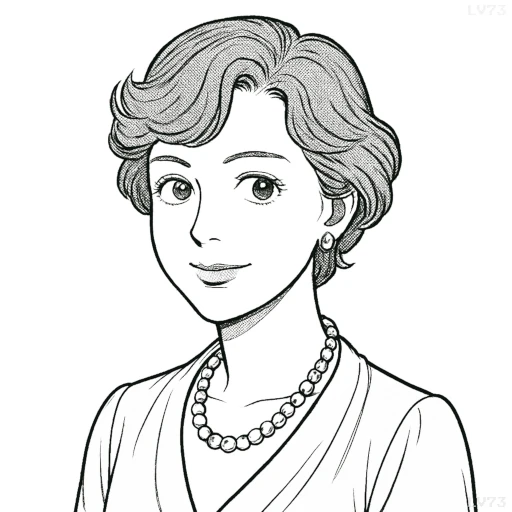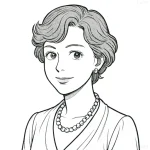“When you cease to make a contribution, you begin to die.”

- October 11, 1884 – November 7, 1962
- American
- First Lady of the United States, Diplomat, Human Rights Advocate, Chair of the UN Human Rights Commission
table of contents
Quote
“When you cease to make a contribution, you begin to die.”
Explanation
In this quote, Eleanor Roosevelt equates personal vitality with purposeful contribution. She argues that to stop giving—whether through work, creativity, service, or care—is to begin a kind of spiritual or emotional decline. Life, in her view, is defined not merely by existence, but by engagement and usefulness. When we no longer contribute, we disconnect from meaning, from others, and from the energy that sustains us.
Roosevelt’s own life exemplified this principle. Even after her tenure as First Lady, she remained deeply involved in public service—chairing the United Nations Human Rights Commission, writing, teaching, and advocating. For her, contribution was not tied to status or recognition; it was a lifelong duty and source of personal fulfillment. She saw each person’s potential to contribute as essential to both individual and societal health.
In modern life, especially post-retirement or during personal hardship, people may feel their usefulness diminish. Roosevelt’s quote is a reminder that every act of giving—no matter how small—sustains life’s purpose. Whether through mentoring, volunteering, or simply offering support, continued contribution is a path to vitality, relevance, and inner strength.
Would you like to share your impressions or related stories about this quote in the comments section?




